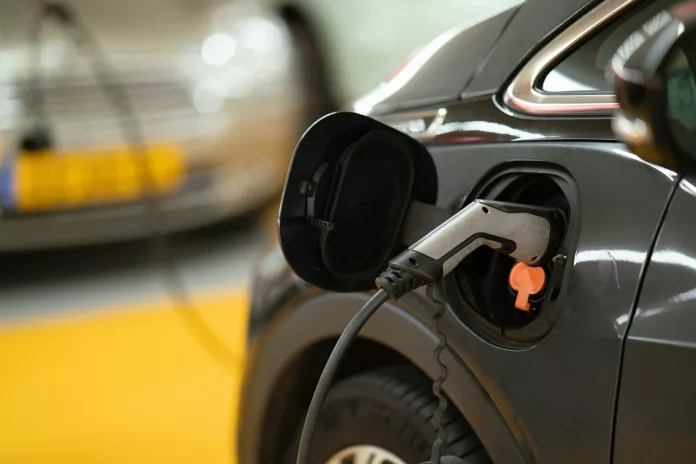Electric Vehicle Buyers: The Current Landscape
Have you ever pondered who is currently propelling the market for electric vehicles (EVs)? Gone are the days when only the most dedicated early adopters and tech enthusiasts purchased EVs out of environmental concern or excitement for new technology. The demographics are shifting, and EVs are now rolling into the mainstream, especially in specific hotspots like California where a remarkable 21.4% of new car sales are purely electric. But who are these new consumers driving the electric revolution in America?
The Generational Shift in EV Ownership
Recent insights reveal that Gen Xers and Millennials are leading the charge in EV purchases, followed by Baby Boomers. While Millennials boast about 10.2% EV ownership of their total car purchases, Gen X follows closely at 9.4%. Interestingly, the generations also account for the majority of overall car sales. Contrary to what some might think, younger generations like Gen Z also show interest in EVs, though affordability is a potential barrier.
However, the policy landscape for EVs presents an ironic twist. Despite the younger generations purchasing more EVs, the older generations—specifically Baby Boomers and The Silent Generation—hold the reins on EV policy decisions, exerting a disproportionate influence over the future of sustainable transportation.
The Economics of EV Ownership: Loans, Leases, and Purchases
When delving deeper into how consumers are financing their electric dreams, it’s disclosed that nearly half opt for loans, and a significant portion, approximately 30.7%, choose leasing. The complexities of the financial environment, characterized by rising interest rates and changing loan terms, indicate fluctuations in monthly payments for new vehicles. Looking into 2024, policy changes could usher in a larger fraction of younger buyers through more attractive leasing options and potentially lower EV prices.
EV Sales on the Rise
Considering the bigger picture, 2023 marked a substantial leap in EV sales compared to 2022, countering any skeptical narratives. The figures are confident: EV sales accounted for 8.2% of new car sales in 2023, a significant jump from the 5.7% in 2022. The upward trajectory suggests that the electric vehicle market is marching robustly forward.
The Most Popular Electric Vehicles
For those curious about the models driving these sales, it’s no surprise that Tesla continues to dominate, with the Model Y and Model 3 securing nearly half of the U.S. EV market share. Other prominent players include Volkswagen, Ford, and Rivian, whose ID.4, Mustang Mach-E, and R1S models are also gaining traction. Tesla’s recent price cuts are expected to influence this landscape even further, potentially expanding access to a broader consumer base.


























